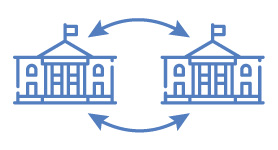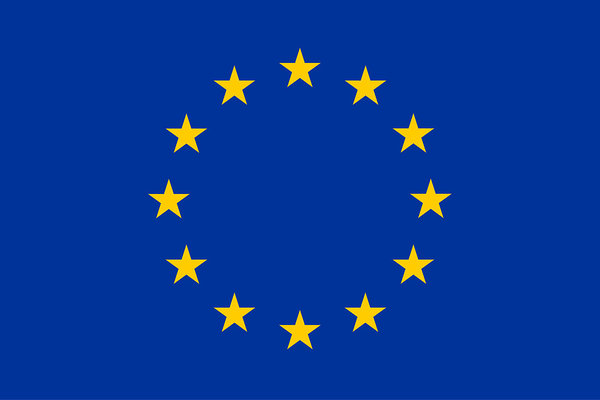The ECePS ERA Chair final conference "Promises and Paradoxes of Open Data" took place on Thursday, 13. February 2025 at the UT Delta Centre, in Tartu, Estonia.
Read more here: Agenda and gallery of the conference
___________________________________
ECePS ERA Chair of e-governance and digital public services focuses on research on digital transformation of the public sector, by looking into why and how digital transformation works in practice, and how different digital solutions can be employed across fields. The ERA (European Research Area) Chair is funded by European Commission with a goal to support University of Tartu in strengthening our existing research team in e-governance. The ECePS research team is led by Professor Vincent Homburg.
___________________________________
ECePS ERA Chair is part of Center of IT Impact Studies (CITIS). Founded in 2015, CITIS is an integrated teaching and research center at the Johan Skytte Institute of Political Studies of the University of Tartu. The center uses big data generated by various Estonian public e-services (such as internet voting, mobile parking, e-health, digital ID, e-residency, etc) to estimate the economic, political and social impact of those services and to design new services and e-governance solutions. CITIS is one of the few research groups in Estonia focusing on quantitative assessment and modelling of the impact of public e-services. Through the creation of new courses and various teaching activities, CITIS researchers contribute to the development of a new generation of analysts and scientists, dedicated to understanding and improving the way that public e-services impact the daily functioning of the state. Lessons learned from Estonia are in turn helpful in promoting and developing public e-services internationally. In addition to research and teaching activities, CITIS team aims to contribute to the development of the e-state directly by creating and testing prototypes for new e-services, based on cross-usage of existing data.
E-governance research in Estonia – a uniquely conducive environment
ECePS ERA Chair has received funding from the European Union’s Horizon 2020 research and innovation programme under grant agreement No 857622. Views and opinions expressed are however those of the author(s) only and do not necessarily reflect those of the European Union or European Research Executive Agency. Neither the European Union nor the granting authority can be held responsible for them.






